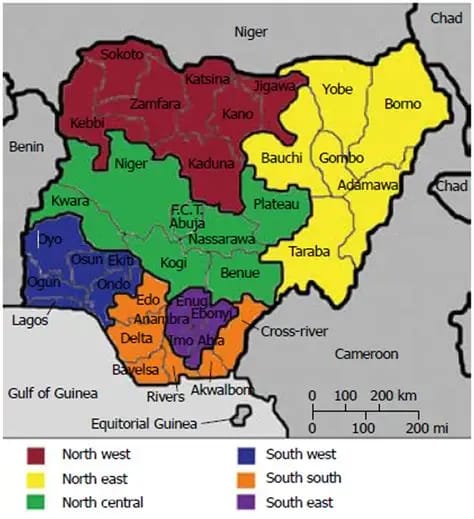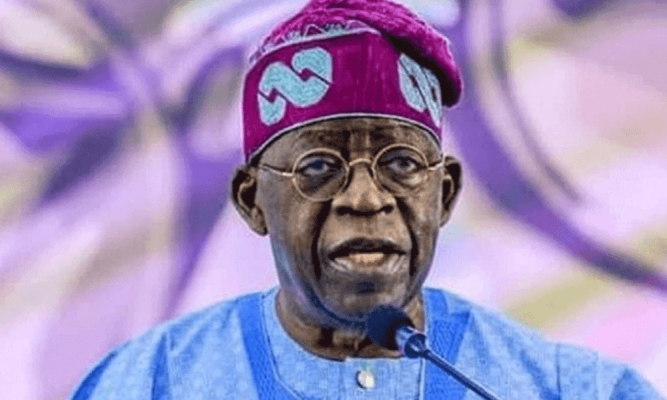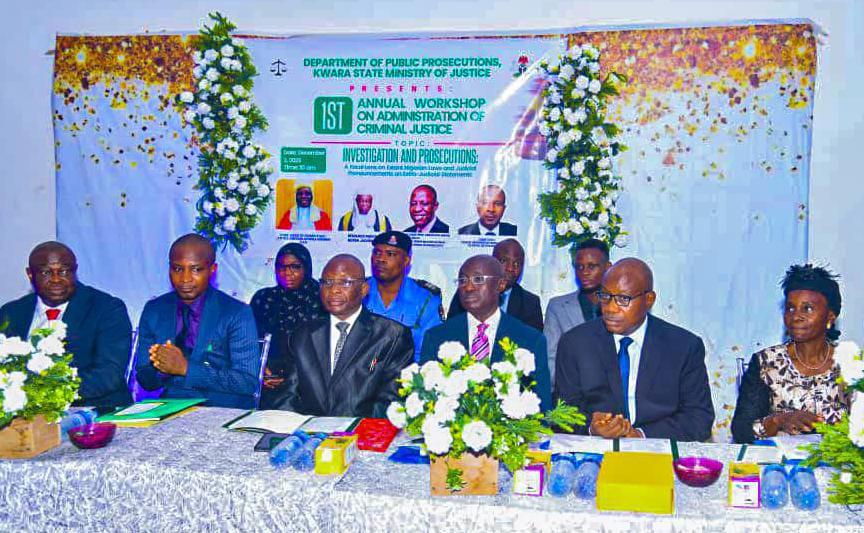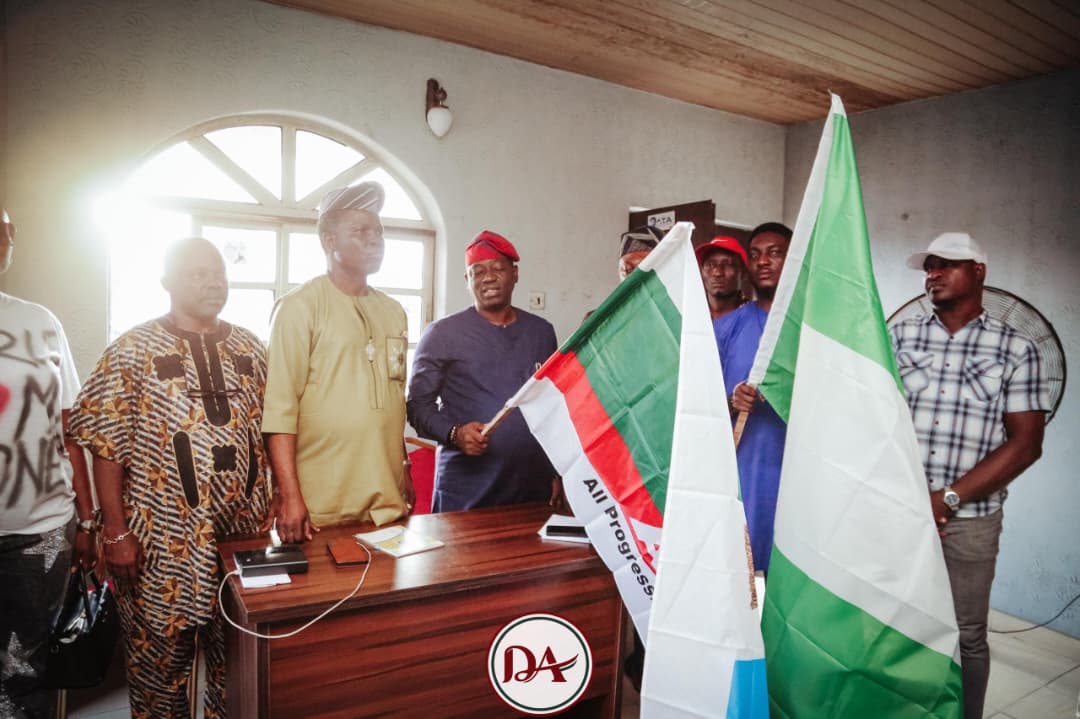By Swill Mavua
Nigeria, a country with immense potential and a rich cultural heritage, has been grappling with numerous challenges that have hindered its progress and development. From corruption, improper social value and insecurity to tribalism, mediocrity, and the complex role of religion, Nigeria’s troubles are multifaceted and deeply ingrained. In this essay, let’s try to explore some of the key issues that plague Nigeria and its people, and examine the ways in which these challenges can be addressed.
Corruption: A Cancer that Eats Away at Nigeria’s Fabric. Corruption is one of the most significant challenges facing Nigeria today. It is a cancer that has eaten away at the country’s fabric, undermining trust in institutions and perpetuating inequality. From the highest levels of government to the lowest rungs of society, corruption is endemic, and it has serious consequences for Nigeria’s development.
The effects of corruption are far-reaching. It diverts resources away from essential public services, such as healthcare, education, and infrastructure development, into the pockets of a select few. It undermines the rule of law and perpetuates impunity, allowing the powerful and well-connected to act with impunity. And it erodes trust in institutions, making it difficult for Nigerians to have faith in their government and its ability to serve their needs.
Improper Social Value: A Death Sentence on the National Soul. Nigeria’s improper social values are reflected in its societal norms and behaviors. The country struggles with corruption, materialism, and a lack of accountability, which have become deeply ingrained. People prioritize wealth over integrity, and those who acquire wealth through questionable means are often celebrated. This has led to a culture of dishonesty and corruption, where individuals seek personal gain at the expense of the greater good. The erosion of traditional values like honesty, hard work, and compassion has contributed to Nigeria’s social and economic challenges. Rebuilding a moral compass and promoting integrity is essential
Insecurity and Banditry: A Threat to Nigeria’s Stability. Insecurity is another major challenge facing Nigeria. The country is plagued by various forms of insecurity, including terrorism, banditry, and kidnapping. These threats are fueled by a range of factors, including poverty, unemployment, corruption and religious intolerance, and they have serious consequences for Nigeria’s stability and development.
The impact of insecurity on Nigeria’s economy and society is significant. It disrupts economic activity, drives away investment, and undermines confidence in the government. It also has a profound impact on individuals and communities, causing trauma, displacement, and loss of life.
Tribalism: A Divisive Force in Nigerian Society. Tribalism is a divisive force in Nigerian society, and it has serious consequences for the country’s development. It perpetuates ethnic tensions and conflicts, and undermines national unity and cohesion. Tribalism also fuels corruption and nepotism, as individuals and groups prioritize their own ethnic interests over the needs of the broader society.
The effects of tribalism are far-reaching. It undermines trust and cooperation between different ethnic groups, making it difficult to build a sense of national identity and purpose. It also perpetuates inequality and injustice, as certain groups are favored over others.
Mediocrity: A Barrier to Nigeria’s Progress. Mediocrity is a significant barrier to Nigeria’s progress. It is a culture that celebrates average performance and tolerates subpar standards. Mediocrity is perpetuated by a range of factors, including corruption, nepotism, and a lack of accountability.
The effects of mediocrity are significant. It undermines the quality of public services, such as the bureaucracy, healthcare and education, and it perpetuates a lack of innovation and progress. Mediocrity also fuels corruption and nepotism, as individuals and groups prioritize their own interests over the needs of the broader society.
The Complex Role of Religion. Religion plays a complex and multifaceted role in Nigerian society. On the one hand, it provides a sense of purpose and meaning for many Nigerians, and it can be a powerful force for good. However, it can also be a source of division and conflict, particularly when it is used to justify extremists or intolerant views.
The impact of religion on Nigerian society is significant. It can bring people together and provide a sense of community and belonging. However, it can also drive people apart and perpetuate conflict and division.
In Nigeria, the intersection of religion and politics can be particularly problematic. Politicians often use religion to mobilize support and justify their actions, which can perpetuate division and intolerance. Additionally, the lack of clear separation between church and state can lead to the marginalization of certain groups and the perpetuation of inequality.
The Way Forward. So, what can be done to address the troubles that plague Nigeria and its people? The answer lies in a combination of leadership, institutional reform, and cultural change. Nigeria needs leaders who are committed to transparency, accountability, and good governance. It needs institutions that are strong, independent, and effective, and it needs a culture that values excellence, innovation, and progress.
Nigerians must also take responsibility for their own development. They must demand more from their leaders and institutions, and they must be willing to hold them accountable for their actions. Nigerians must also be willing to challenge the status quo and push for change, even when it is difficult or unpopular.
In terms of religion, Nigerians must strive to promote tolerance, understanding, and respect for different faiths and beliefs. They must recognize the importance of religion in Nigerian society, while also acknowledging its potential to divide and conflict. Most importantly, Nigeria must develop a culture that recognizes religion as a way of personal interface with his/her God.
The trouble with Nigeria and Nigerians is, no doubt, complex and multifaceted. It is a product of a range of factors, including corruption, insecurity, tribalism, mediocrity, and the complex role of religion. Addressing these challenges will require a sustained effort from both the government and the people. It will require leadership, institutional reform, and cultural change. But with determination and hard work, Nigeria can overcome its troubles and build a brighter future for its people.
Recommendations. To address the challenges facing Nigeria, the following recommendations may suffice:
- The government should prioritize transparency and accountability in its dealings, and work to strengthen institutions and promote good governance.
- Nigerians should demand more from their leaders and institutions, and hold them accountable for their actions.
- The government should prioritize security and work to address the root causes of insecurity, including poverty and unemployment.
- Nigerians should strive to promote tolerance, understanding, and respect for different faiths and beliefs, and work to build a sense of national identity and purpose.
- The government should prioritize education and healthcare, infrastructure and work to promote economic development and social capital growth within the society.
By working together and prioritizing these areas, Nigeria can overcome its troubles and build a brighter future for its people.
The Future of Nigeria. The future of Nigeria is uncertain, but one thing is clear – the country has immense potential and its people are resilient and resourceful. With the right leadership, institutions, and culture, Nigeria can achieve great things. It can build a prosperous, stable, and secure society, where all Nigerians can thrive and reach their full potential.
As Nigeria looks to the future, it is clear that the country faces many challenges. However, it is also clear that Nigeria has the potential to overcome these challenges and build a brighter future for its people. With determination, hard work, and a commitment to good governance and accountability, Nigeria can achieve its full potential and become a beacon of hope and prosperity in Africa.
- The Straight Talk.













Leave a Reply